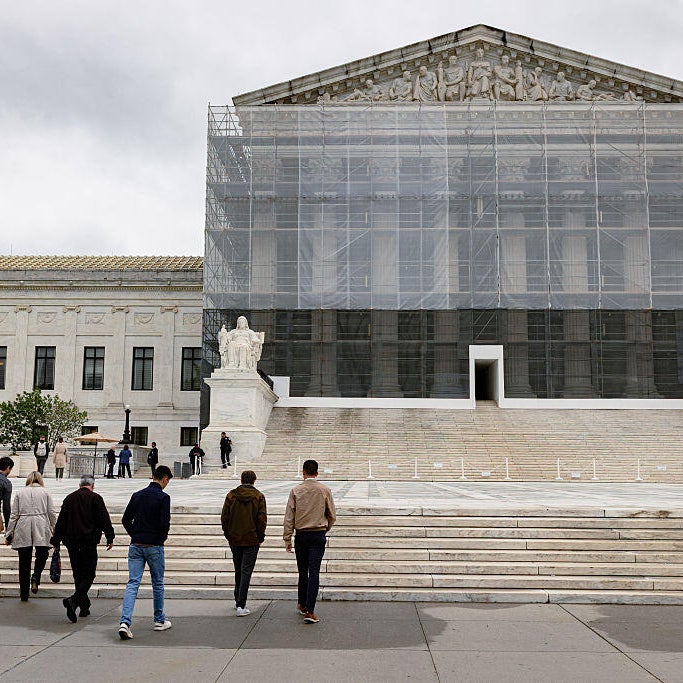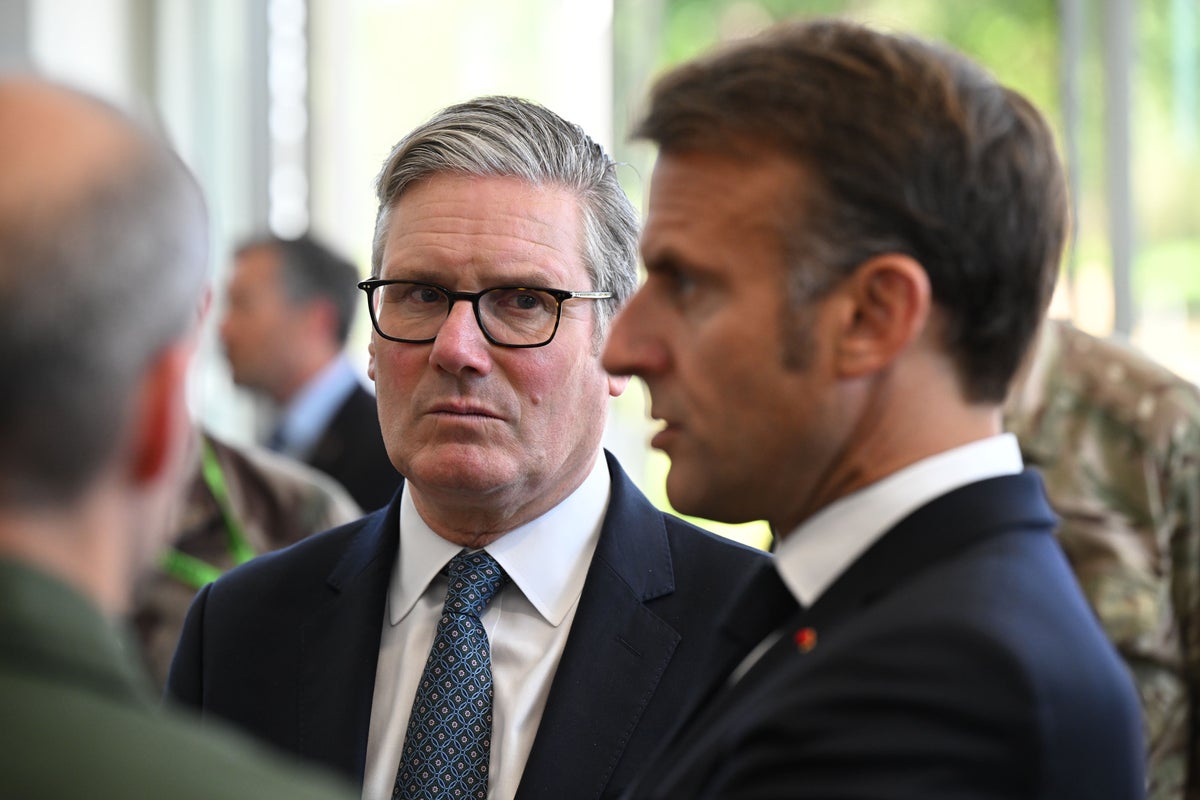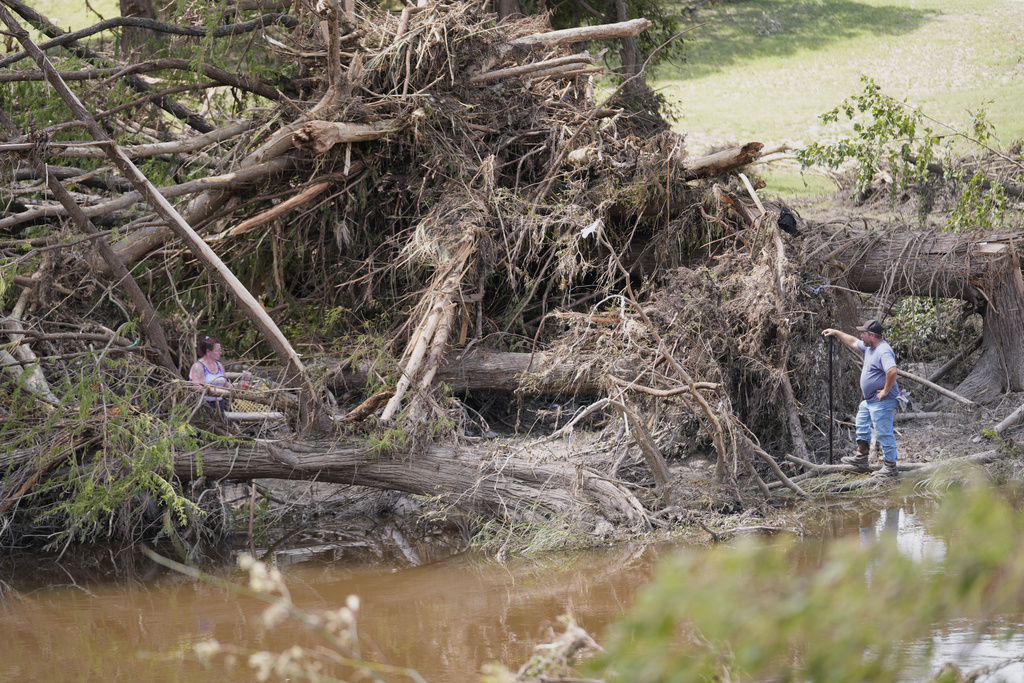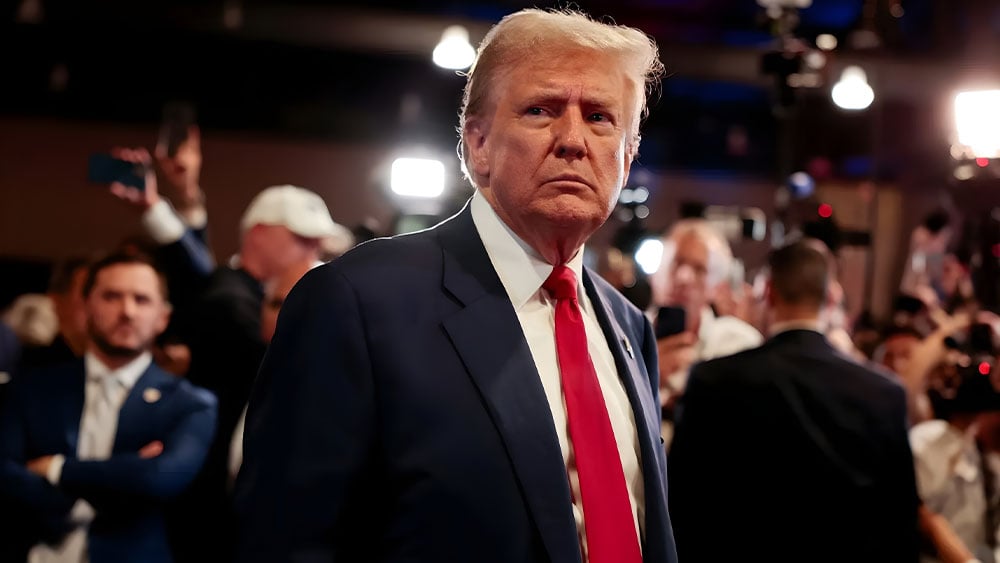
UK Politics Live: Cooper Dodges Question on Migrant Numbers in New Macron Deal

Home Secretary’s Stance on Migrant Returns to France
The UK Home Secretary, Yvette Cooper, has refrained from disclosing the specific number of migrants that will be returned to France as part of a newly announced migration deal. During a recent interview, she indicated that the figures remain unspecified and that updates will be provided as the situation develops. This initiative has garnered significant attention, with Labour leader Sir Keir Starmer praising the agreement as a “groundbreaking” step forward in addressing the ongoing migrant crisis.
Details of the Agreement
The arrangement, described as a “one in, one out” policy, is slated to commence next week. Under this framework, migrants arriving in the UK will be sent back to France in exchange for those in France who have legitimate claims to reside in the UK. Reports from French media suggest that the initial implementation could see up to 50 migrants returned weekly, a modest figure compared to the weekly average of 782 individuals crossing the Channel.
Cooper emphasised that the programme would be rolled out gradually, allowing for adjustments and updates to the process. “The numbers are not fixed, even for this pilot phase that we are starting now. We will provide updates as we progress,” she stated, assuring a steady approach to implementation.
Macron’s Remarks on Brexit and Migration
The deal was brokered during a state visit by French President Emmanuel Macron, who attributed the surge in small boat crossings to the ramifications of Brexit. He asserted that the departure from the EU had complicated the UK’s ability to manage migration effectively, creating an incentive for crossings that Brexit had ostensibly aimed to eliminate.
Despite the agreement, Border Force vessels were actively bringing migrants to Dover, highlighting the ongoing challenge of managing Channel crossings.
Responses from Immigration Experts and Critics
Lucy Moreton, a representative of the Immigration Services Union, expressed cautious optimism about the deal but cautioned that it only begins to address the broader issues at play. She acknowledged the significance of the agreement as a starting point, particularly since attempts to return migrants to France post-Brexit had been largely unsuccessful. However, she warned that without further measures, such arrangements might simply funnel more resources into the hands of criminal smuggling gangs.
When questioned about the logistics of the return process, Moreton stated that identifying individuals for removal could be executed swiftly if the necessary protocols are established. However, she warned of potential legal challenges that could arise, complicating the timeline for implementation.
Economic Context and Broader Enforcement Measures
In addition to the migration deal, the UK government has announced a nationwide crackdown on illegal working as part of its strategy to deter migrants from seeking entry. Cooper noted a significant increase in immigration enforcement activities, aiming to disrupt the factors that attract migrants to the UK.
She highlighted that since last summer, over 30,000 individuals without legal rights to remain in the UK had been returned, with a 51% increase in arrests related to illegal employment. This coordinated effort aims to complement the new migration deal with France.
Cross-Party Reactions
The announcement has sparked a mixed response from various political factions. Critics, including the Conservative opposition, argue that the deal will have little impact on the overall numbers of migrants entering the UK. Shadow Home Secretary Chris Philp remarked that the agreement would only return one in every 17 illegal immigrants arriving, allowing the vast majority to remain.
Conversely, others have called for a more humane and comprehensive approach to managing migration, stressing the importance of understanding the human stories behind the statistics. The British Red Cross has urged the government to ensure that policies do not come at the expense of providing necessary protection to vulnerable individuals.
Conclusion: A Step Towards Addressing Migration
The “one in, one out” migration deal between the UK and France marks a significant moment in the ongoing discourse surrounding immigration policy. While it has been lauded as a progressive step forward, the effectiveness of the initiative will depend on its implementation and the ability to manage the complexities that arise from it. As the UK navigates its post-Brexit realities, the challenge of small boat crossings continues to demand urgent attention and a multifaceted response from both governments involved.







